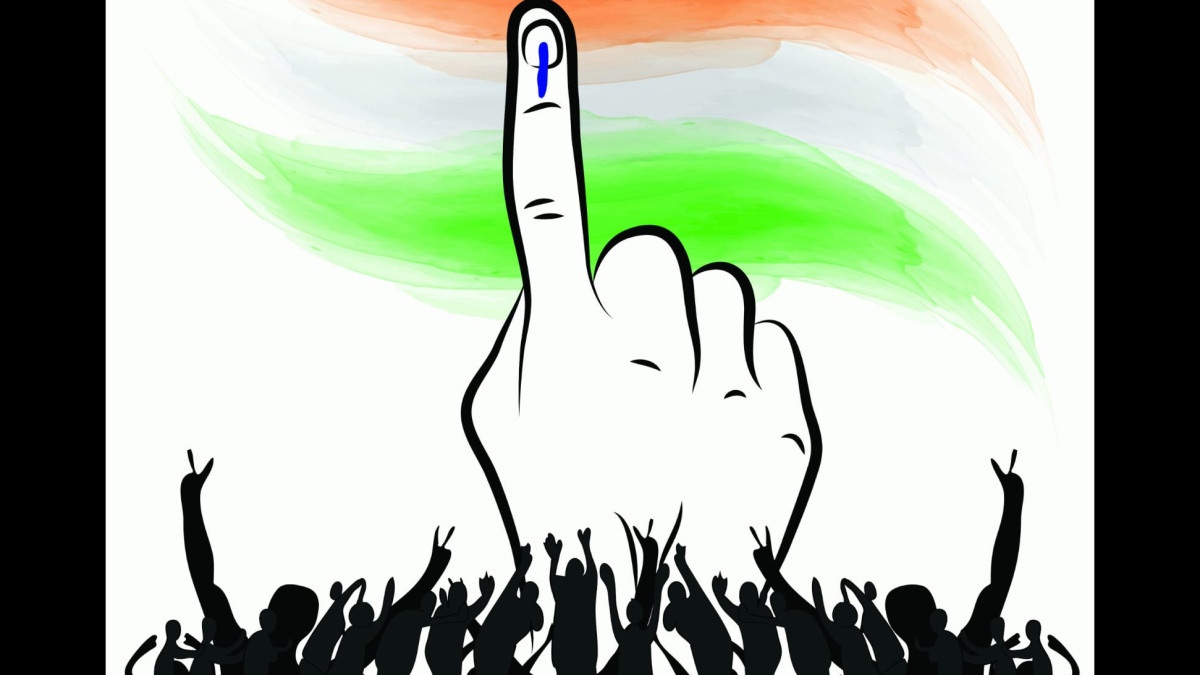In the dynamic landscape of contemporary governance, the concept of "One Nation, One Election" has emerged as a visionary proposal aimed at modernizing democratic processes. This ambitious idea envisions synchronizing the timelines of various elections across the diverse states and union territories of a nation, fostering greater efficiency, reducing the burden on resources, and potentially enhancing political stability. As nations around the world grapple with the challenges of managing electoral cycles, the One Nation One Election initiative has sparked both enthusiasm and debate.
The Rationale Behind One Nation One Election:
-
Efficiency and Governance Streamlining: The primary argument in favor of One Nation One Election is the potential for increased efficiency and streamlined governance. Under the current system, elections are conducted at different times for local, state, and national levels, often leading to a prolonged period of political uncertainty. Aligning these electoral cycles would enable a more focused and consistent approach to policy implementation, reducing disruptions caused by frequent elections.
-
Cost Reduction: Conducting elections is an expensive affair. The consolidation of elections at various levels could result in substantial cost savings. By minimizing the frequency of polls, financial resources that would otherwise be allocated to conducting elections could be redirected towards developmental projects, infrastructure, and social welfare programs.
-
Enhanced Voter Turnout: One Nation One Election could potentially encourage higher voter turnout. With elections occurring less frequently, citizens may be more motivated to participate in the democratic process, leading to a more representative mandate for the elected government. A higher voter turnout is crucial for a robust democracy, as it ensures a broader and more diverse representation of the public's will.
-
Political Stability: Frequent elections can create an atmosphere of political uncertainty. One Nation One Election aims to bring about political stability by reducing the frequency of electoral processes. This stability is believed to provide the government with more time to focus on policy implementation and long-term planning, fostering an environment conducive to sustained development.
Critiques and Challenges:
-
Constitutional and Federal Concerns: One of the primary criticisms of the One Nation One Election proposal is its potential conflict with the federal structure of a nation. Critics argue that forcing a synchronized election schedule may infringe upon the autonomy of states and undermine the principles of federalism enshrined in the constitution.
-
Logistical Challenges: Implementing One Nation One Election poses significant logistical challenges. Coordinating the schedules of diverse states with varying political landscapes, cultural nuances, and regional issues is a complex task. The logistics of organizing such a massive electoral event require careful planning and infrastructure development.
-
Political Opposition: Opposition parties argue that the One Nation One Election initiative may disproportionately favor the ruling party. Smaller parties, with limited resources, may find it difficult to compete on a national scale, potentially limiting the diversity of political representation.
Conclusion:
The vision of One Nation One Election presents an intriguing prospect for modernizing democratic processes. While proponents emphasize the potential benefits of efficiency, cost reduction, and enhanced stability, skeptics point to constitutional challenges and the risk of marginalizing smaller parties. As nations contemplate the path to political innovation, a careful and inclusive dialogue is essential to address concerns, refine the proposal, and ensure that any reforms strengthen rather than compromise the fundamental tenets of democracy. The journey towards a more synchronized electoral system is undoubtedly complex, but with thoughtful consideration and collaboration, it may pave the way for a more robust and responsive democratic governance structure.


No comments yet